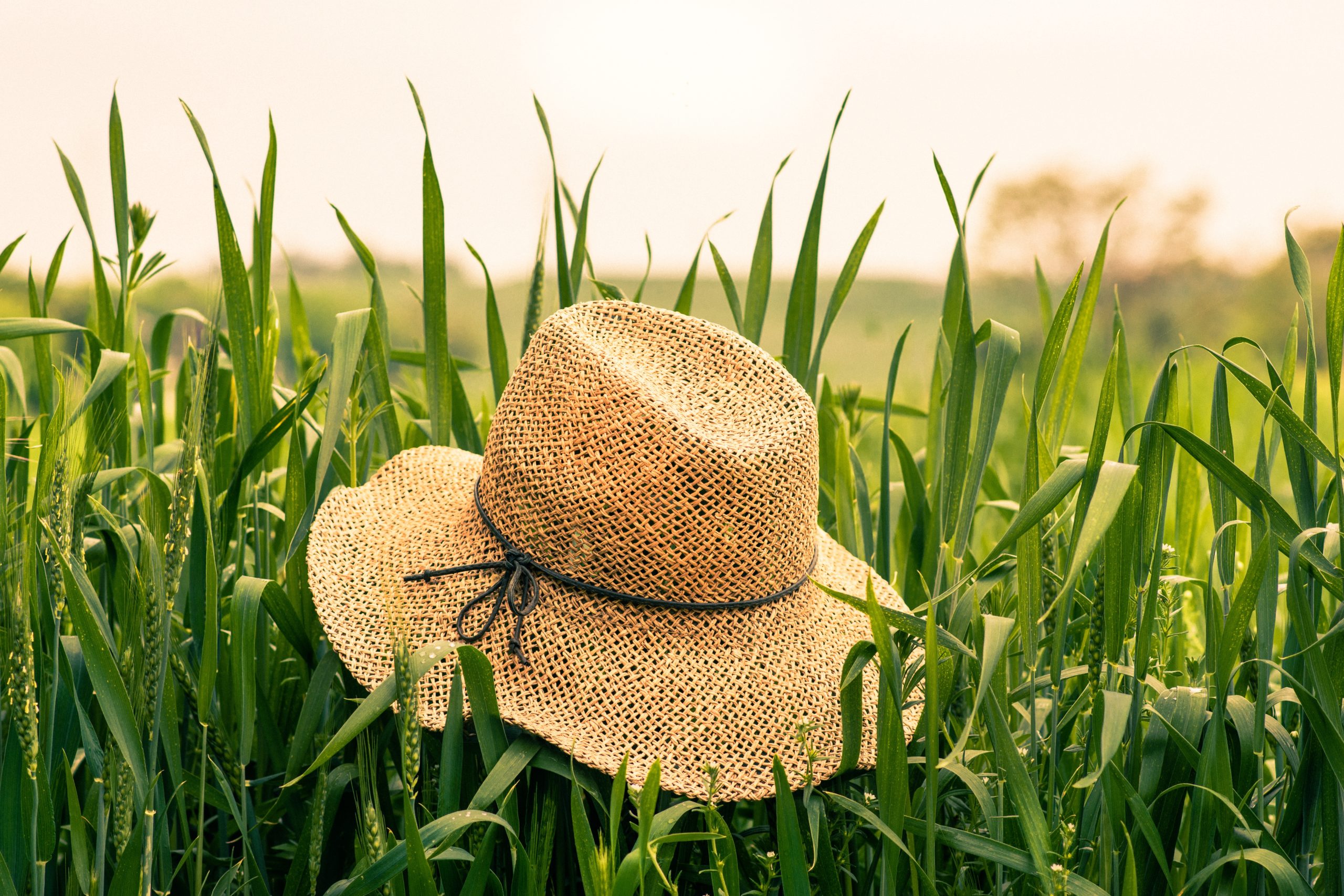
Comparallo, La naturalità del vino, L. Salvo, magazine n.8
Awareness of the particolar characteristics of natural wine is becoming more and more popular among attentive consumers. For winemakers producing wine in a natural way is a working philosophy in which they inact their competence related to the characteristics of the territory in which they operate. The wine obtained is the result of a perfect mix between day to day commitment, passion for the territory and its wine traditions.
Great debate upon the definition of “natural wine”: it is possible to consider a wine natural when all processes in the vineyard and in the cellar have minimum intervention of the oenologist.
The so-called natural wines are made by means of organic, biodinamic and sustainable agriculture, without use of synthetic chemical products. Theses wines are produce of the vine where plants are grown without strained productivity and maintaining the soil’s natural fertility. Grapes are not treated so they maintain the natural substances on the skins that contribute to spontaneous fermentation without selected yeasts and use of thermo-controlled tanks.
Another aspect of natural wines is that the use of sulphites is limited while the sulphorous anhydride is much less than the allowed quantity for organic wines.
Today in Italy, natural wine producers have obtained such knowledge and experience to produce “clean” high quality wines even from the health point of view. The grapes brought to the winery must be first quality, perfectly ripe, without rot nor molds.
Actually the winemaker that operates meticulously, aims to obtain a wine which is as natural as possible. This is a long and arduous route especially for those beginning the process of converting their cellars. Often it is not easy to avoid filtrations or corrective addings. In this way every year the wine is different: a simple pressing of the grapes without addings nor removals and without sulphites.
For those not accustomed, in the glass natural wine may seem difficult to appreciate, the aromas penetrating, sharper on the palate and not easy-drinking.
Training the palate it becomes possible to notice la difference between a so-called natural wine and a naively faulty one. New sensorial horizons will appear giving unique and enticing olfactorial and tasting perceptions that will be remembered.
